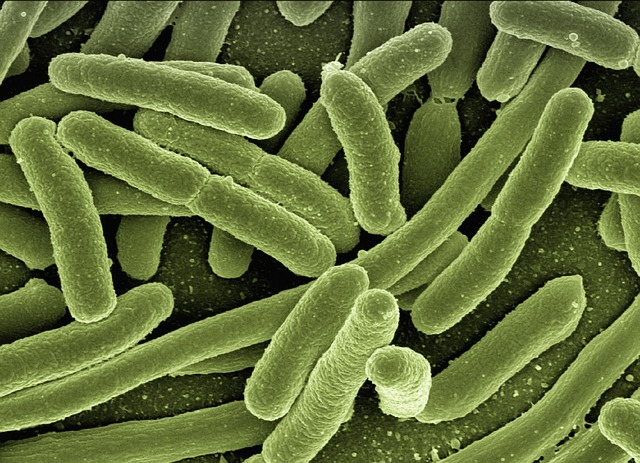Menopause is a natural phase in a woman’s life, often accompanied by physical and emotional changes that can make daily routines challenging. However, embracing this transition with an active lifestyle and proper nutrition is crucial for maintaining overall health and well-being. Recognizing the significance of exercise during menopause can set the stage for a healthier, more vibrant life.
Engaging in regular physical activity is essential during menopause, as it helps alleviate symptoms like mood swings, weight gain, and sleep disturbances. A balanced exercise regimen should include a combination of aerobic activities, strength training, and flexibility exercises. Aim for at least 150 minutes of moderate-intensity aerobic exercise each week, such as walking, swimming, or cycling. Not only does this promote cardiovascular health, but it also aids in managing weight and improving mood.
Strength training should also be prioritized, as women experience a natural decline in bone density during menopause, increasing the risk of osteoporosis. Incorporating resistance exercises, such as weight lifting or using resistance bands, twice a week can significantly enhance bone health and muscle strength, which are vital for maintaining mobility and functionality.
Flexibility exercises, such as yoga or Pilates, can provide additional benefits by reducing stress and enhancing overall body awareness. These practices promote mindfulness, helping women cope with the emotional challenges of menopause while simultaneously improving balance and flexibility.
In tandem with exercise, a healthy diet is a cornerstone of navigating menopause effectively. Incorporating nutrient-dense foods is essential to address changing hormonal levels and boost overall health. Focus on a balanced diet rich in fruits, vegetables, whole grains, lean proteins, and healthy fats. Foods high in calcium and vitamin D, like dairy products and leafy greens, are particularly important for maintaining bone strength during this phase.
Additionally, phytoestrogens—plant-based compounds that mimic estrogen—can potentially alleviate some menopause symptoms. Foods such as soy products, flaxseeds, and legumes are excellent sources of phytoestrogens, making them beneficial additions to a menopause-friendly diet.
Hydration is equally crucial; drinking plenty of water helps combat common menopause-related issues like hot flashes and dry skin. Aim for at least 8 glasses of water each day, and consider herbal teas or infused water for variety and added health benefits.
Lastly, don’t underestimate the power of social support during this transitional period. Joining a class, whether it’s a group fitness session or a cooking workshop focused on healthy nutrition, can foster connections with others going through similar experiences. Sharing tips, challenges, and triumphs can provide motivation and encouragement, reinforcing the importance of a healthy lifestyle during menopause.




